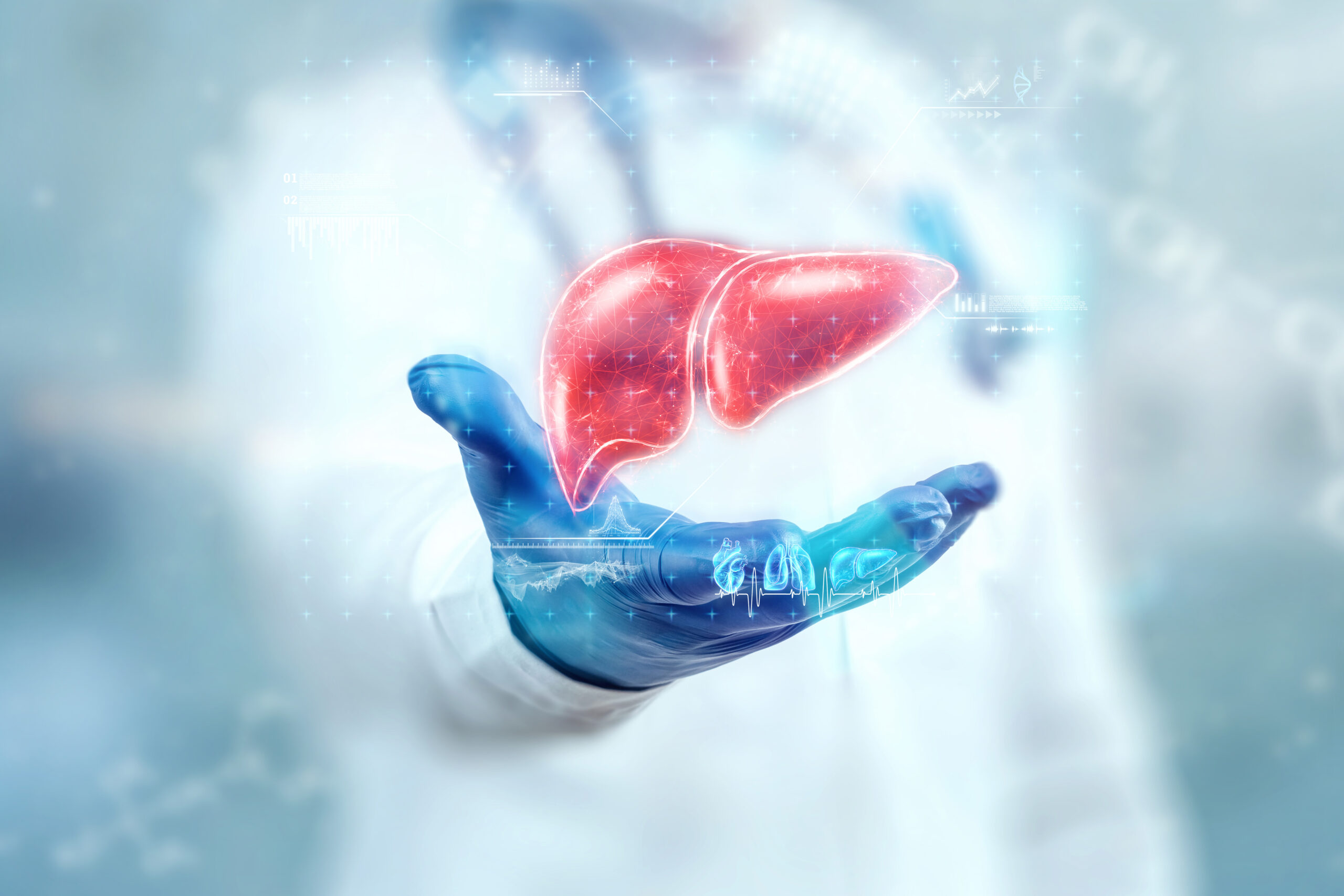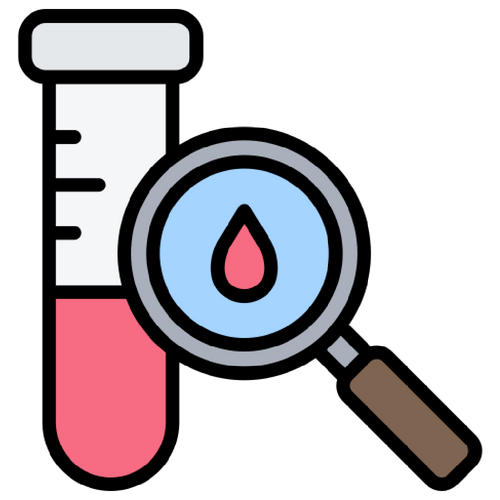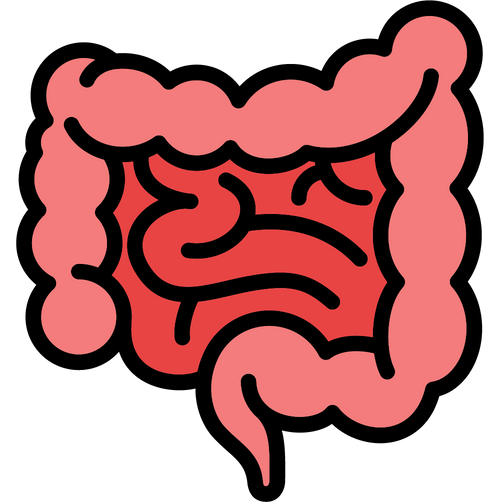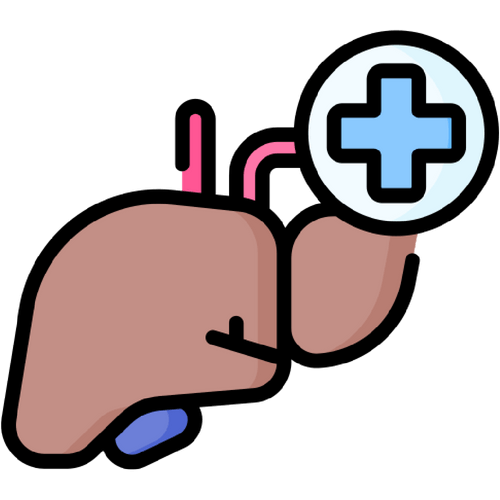
Liver Cleanse
The liver plays an essential role in metabolism, removes toxins from your bloodstream, and provides necessary nutrients for the body’s cells to function properly. However, your liver can get overworked at times due to various factors, such as poor food quality and air pollution, which reduces your body’s toxins tolerance and resistance. In some cases, those toxins can stay in your body for a long period, resulting in a build-up that can contribute to various health problems

Fatty liver

Liver Cirrhosis

Compromised Diet

Obesity

Hepatitis
Fatty Liver: Embracing Holistic Approaches in Malaysia
The liver is the largest internal organ in the body. The liver plays several important roles in the body, including the regulation of body sugar levels, the production of essential blood proteins, iron storage, and the removal of toxins from the blood.
The liver also stores food materials such as carbohydrates, proteins, and fats. This storage function of the liver aids to provide energy during hunger and starvation. In a normal liver, fat constitutes less than 5% of the total liver weight.
When fat builds up in the liver to levels as high as 10%, fatty liver disease can develop. Fatty liver disease can be caused by heavy alcohol drinking, obesity and diabetes. The fat can build up to dangerous levels to cause permanent liver damage.
Liver Health
Fat buildup in the liver can be caused by several factors. Depending on the cause of fatty liver, fatty liver can be of two main forms:
Alcohol fatty liver disease (AFLD):
This form of fatty liver is caused by heavy alcohol use…
Non-alcohol fatty liver disease (NAFLD):
In some people that might never have tasted alcohol, there is still a chance of them getting a fatty liver…
Since there are more non-alcoholics than alcoholics, NAFLD is a more common form of fatty liver worldwide. About 25% of people globally have a form of NAFLD due to the presence of risk factors. In some people with NAFLD, the fatty liver can progress from a simple fatty liver to nonalcoholic steatohepatitis (NASH) which can later cause cirrhosis and liver cancer.
Risk Factors for Fatty Liver
The risk factors for fatty liver are dependent on the form of fatty liver – whether it is alcoholic or nonalcoholic. For alcoholic fatty liver diseases, the risk factors include:
Heavy alcohol use:
Described as the consumption of more than 4 drinks per day in men or more than 3 drinks per day in women.
Chronic Liver disease:
Such as hepatitis C
Genetic factors
Race – More common in African-Americans and Hispanics
Obesity
Malnourishment
Older age.
Unlike alcoholic fatty liver disease that is associated with heavy alcohol drinking, the cause of NAFLD is not clearly understood...
Fatty Liver Screening
Fatty liver usually does not have telling symptoms in its early stages. The common absence of symptoms can make it go unnoticed for several years until it gets worse and is difficult to treat. Regular screening and self-assessment are recommended for persons with any of the risk factors. Comprehensive screening to diagnose fatty liver should include:
History taking:
A health provider would probably ask about your health history, especially that of alcohol use to know which form of fatty liver might affect you. History taking is an important primary screening measure.
Liver tests:
A liver biopsy is also important to assess the level of liver damage…
Blood tests:
Tests such as liver function tests can assess the level of liver enzymes in the blood…
Dried blood layer blood encryption:
This screening can be done simply by pricking the tip of any finger…
Imaging:
Imaging tests such as CT and MRI can check for enlargement of the liver…
Bio Resonance Scanning:
Unhealthy cells emit spectrums of energies different from healthy cells…
Fatty Liver Health Complications
Fatty liver can go unnoticed for years without any serious symptoms. The problem starts when complications start to arise due to persistent inflammation and liver scarring. Fatty liver can result in health complications such as:
Cirrhosis:
Cirrhosis is a severe form of liver scarring that is irreversible.
Liver cancer
Ascites:
Ascites is caused by fluid buildup in the abdomen
Liver failure
Esophageal varices:
Blood vessels around the esophagus can become swollen and burst.
Liver Detoxification
One of the most important functions of the liver is detoxification and the removal of toxic substances from the blood...
Reduce alcohol consumption:
Heavy alcohol consumption is the major risk factor for alcoholic fatty liver disease…
Diet adjustments:
Introduce foods that are friendly to liver health such as fruits, vegetables, grains, dairy, and fibre…
Prevention of Hepatitis:
Hepatitis viruses infect the liver and can cause liver damage…
Increase physical activity:
Exercising regularly has been shown to help prevent NAFLD in people…
Can liver detoxes help treat fatty liver?
In addition to lifestyle adjustments, detox cocktails are also available to help detoxify the liver. Liver detox cocktails can contain a mixture of different chemicals that are healthy for the liver.
Conclusion
Fatty liver is a silent disease that affects a large number of people worldwide. The two forms of fatty liver – alcoholic fatty liver and NAFLD are associated with numerous risk factors such as obesity and alcohol consumption.
Early screening for fatty liver is essential to start treatment before it gets too serious. In the management of fatty liver, proactive steps such as cutting alcohol consumption, diet changes, exercising more regularly, and detoxification can help prevent severe disease.





















